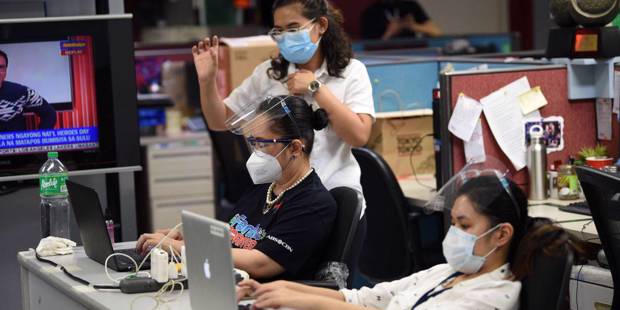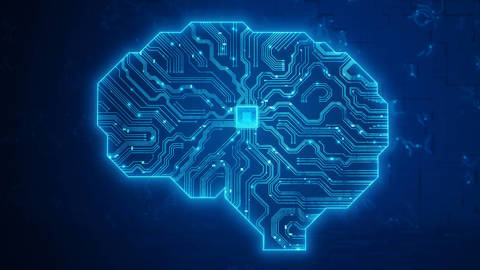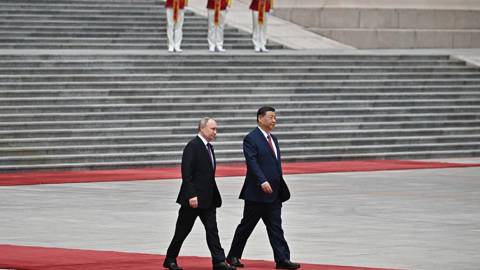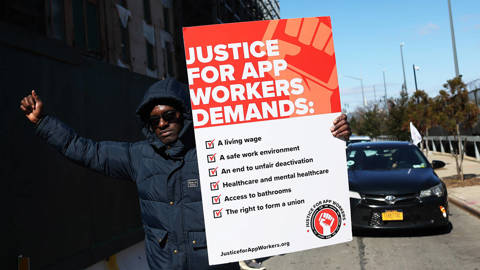Anya Schiffrin
Anya Schiffrin is Director of the Technology, Media, and Communications Specialization at Columbia University’s School of International and Public Affairs.
-
Quality Journalism Is More Important than Ever

Quality Journalism Is More Important than Ever
Apr 17, 2024 Anya Schiffrin, et al. explain how policymakers can support rigorous, objective reporting, just as they provide other public goods.
-
Journalism Fights Back

Journalism Fights Back
May 15, 2023 Anya Schiffrin highlights initiatives to compel the major digital platforms to support public-interest news reporting.
-
Media Capture Under Cover of COVID

Media Capture Under Cover of COVID
Jul 8, 2021 Nicole Pope & Anya Schiffrin highlight similarities between efforts by repressive regimes and tech behemoths to control the news.
-
How to Save Local News

How to Save Local News
Feb 10, 2021 Anya Schiffrin highlights promising initiatives aimed at reviving an ailing – but crucial – industry.
-
How to Protect Journalists from Online Harassment

How to Protect Journalists from Online Harassment
Jul 15, 2020 Anya Schiffrin says other countries should follow France’s lead and introduce new legislation to criminalize cyber abuse.








